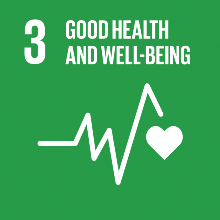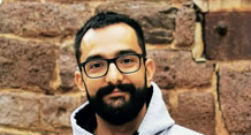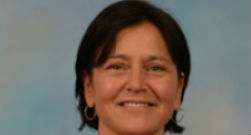For any queries, get in touch at challengesonline@exeter.ac.uk

Following Challenges Week, a group of students went on to start a fact-checking society that focuses on bringing people together to stop the spread of misinformation. They write fortnightly newsletters on topical fake news issues, such as on deepfakes, their dangers and how they work today. The society is free to join and is comprised of a friendly bunch that want to have fun while making a difference. Check them out here.
Fighting Fake News
Fighting Fake News
Fighting Fake News
Grand Challenges has now finished for this year. We will release information on Grand Challenges 2023 in the next academic year on our Grand Challenges website. In the meantime, follow us on @gc_exeter to check out the events of GC2022 and find out information as it is released!
In this challenge, students explored one of the major threats to contemporary democracy: misinformation. Students on this challenge have previously come up with new ways to tackle misinformation, using innovative technology, designing new policy and citizen information platforms.
Coronavirus (mis)information
In times of crisis when responsible action is required, we need clear and credible information. Coronavirus misinformation has been a particular concern since the onset of the pandemic, including the misrepresentation of preliminary scientific evidence, incorrect advice on causes, symptoms, and treatment. In the past, Fighting Fake News (FFN) enquiry groups have carried out a range of projects around how we can avoid believing and fuelling false information, have surveyed the public about the need for Covid-19 fact-checking, and have designed educational resources for schools.
Democracy and Social Movements
Holding governments to account and voting in our best interest both depend on accurate knowledge of our government’s record as well as of parties’ policies and their likely effects. In previous years, our brilliant FFN students looked at the impacts of political bots on elections, designed a range of new media platforms to amplify marginalised voices, and researched the history of fake news in politics. The group voted the overall winners on this Challenge in 2021 created a research report that explored why people believe fake news, using Meghan Markle as a case study.
Employability
Many students on FFN decided to combat misinformation by designing socially responsible "good tech." Such civic technology initiatives remain at the heart of the FFN Challenge, and our skills workshops and industry-focussed talks give you a taster of career options in civic and government technologies.
Enquiry groups
Enquiry groups are subtopics within the overall FFN Challenge that allow you to specialise in an area of interest. In June 2021, there were two enquiry groups that students could choose:
- a research group, which used methods such as literature review, survey methods, data analytics or text mining to understand the scale of the problem. Students did not need to possess these skills when joining the groups, as we encourage groups to form with a diversity of backgrounds.
- a policy group, which thought about innovative ways (briefs, infographics, media, web platforms) to influence the policy process across all levels of decision-making.
Past Speakers
Please see below for examples of talks given by speakers in previous years on this Challenge:
- “Why democracy depends on fact checkers” by Rachael Krishna, Fact Checker at Full Fact
- “Fact checking Covid-19” by Anna-Sophie Harling, Head of Europe at NewGuard
- “Influencing the policy process” by Bridget Sealey, Consultant at Sealey Associates
- “AI, Deepfakes, and the meaning of truth” by Lisa Harris, University of Exeter Business School
- “Journalistic legitimacy in public lervice media” by Maria Kyriakidou, Cardiff University
- “Impacts of misinformation” by Jason Reifler, University of Exeter



.jpg)


